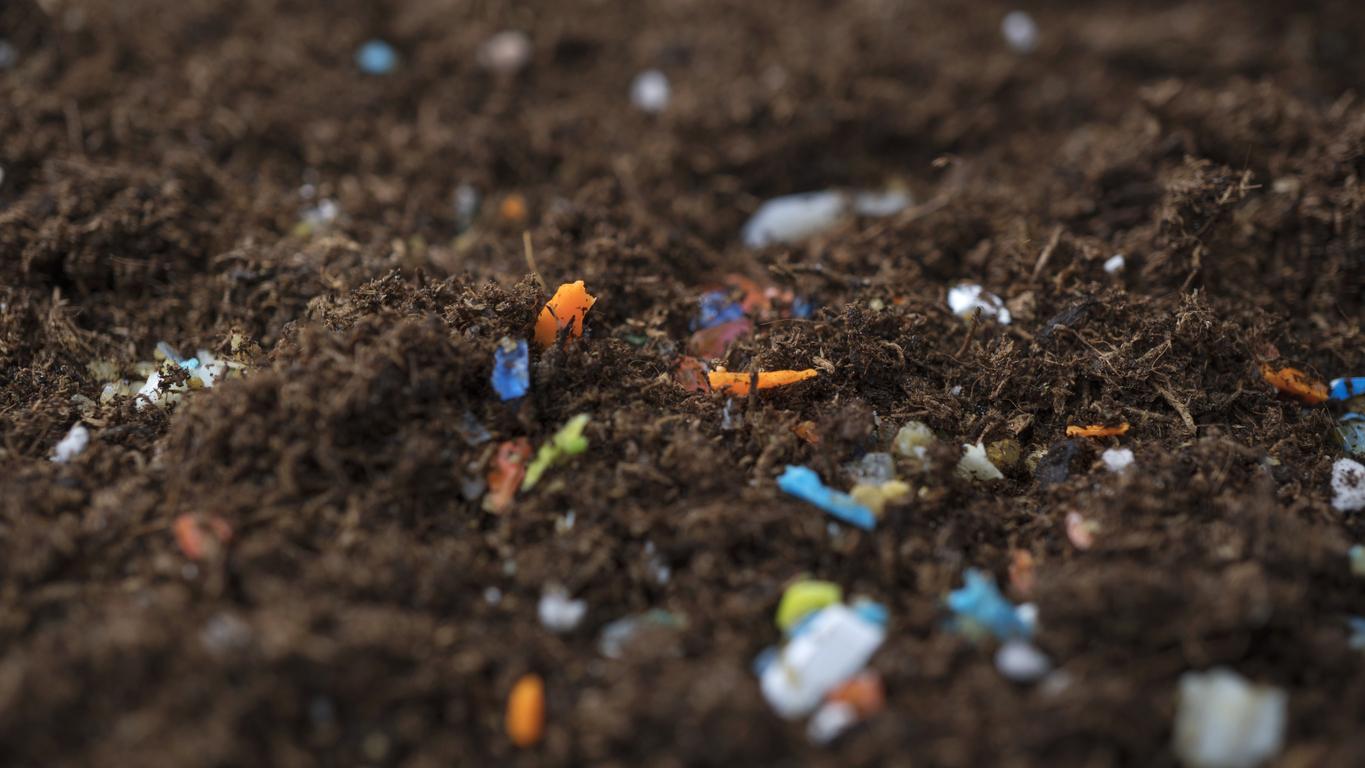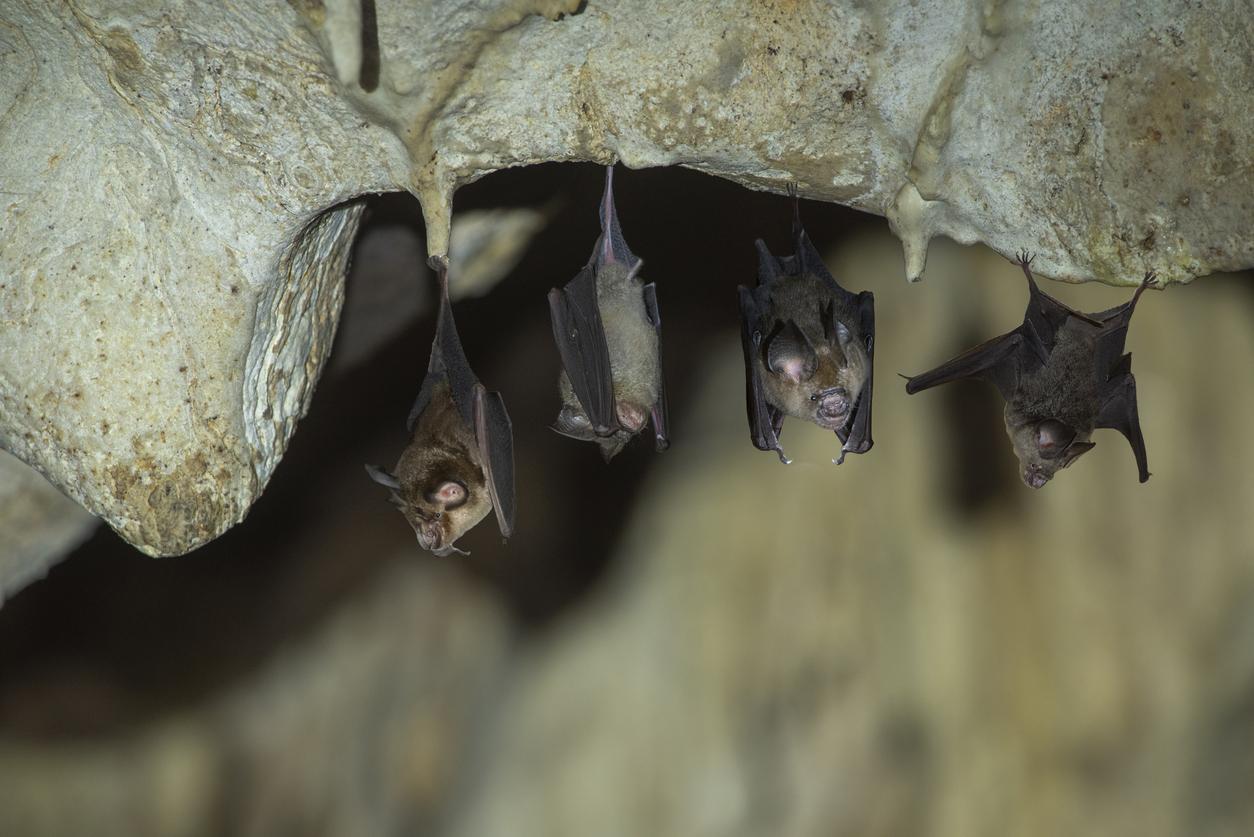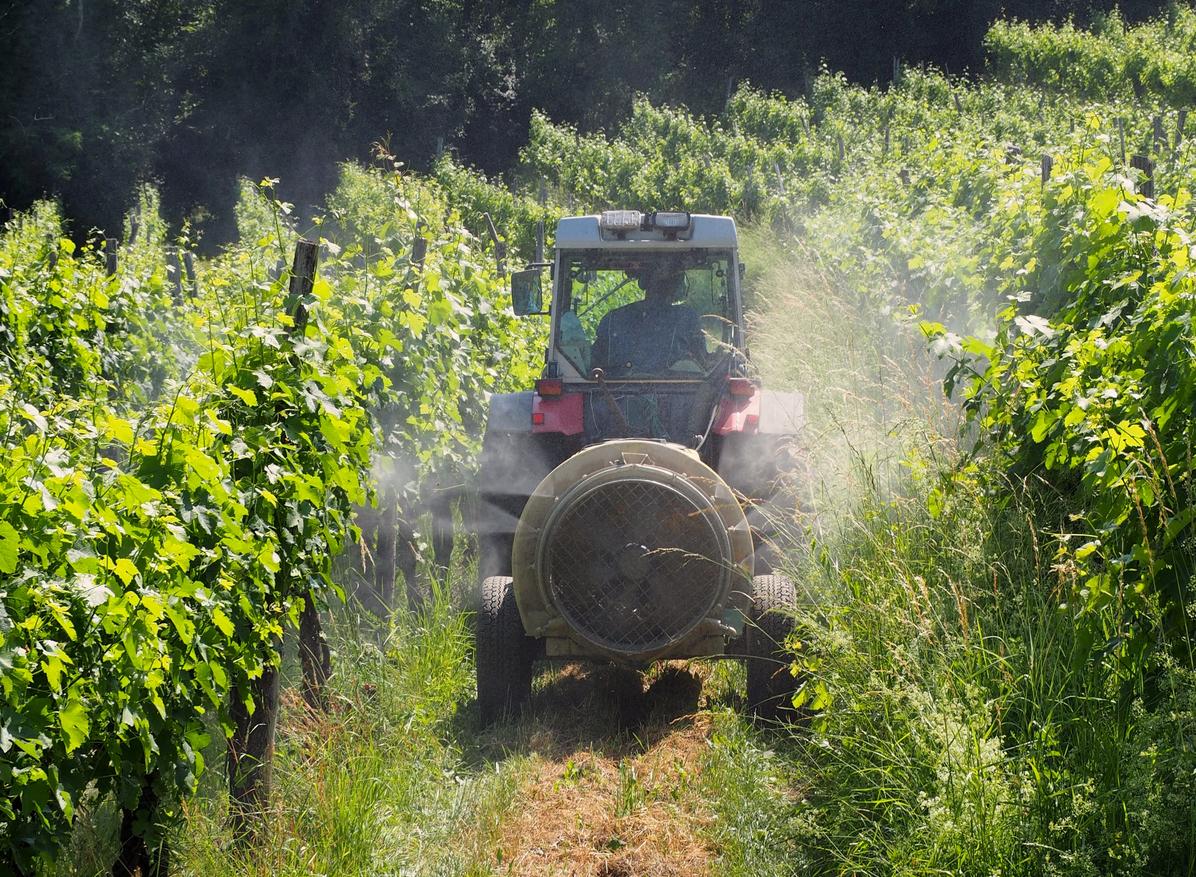The mayor of Ruelle-sur-Touvre has decided to ban the spreading of pesticides around homes. The agricultural sector is headlong.

In Ruelle-sur-Touvre, in Charente, the town hall has decided to protect its population through a strong decision, which is already causing a stir. The elected municipal, Michel Tricoche, adopted a decree prohibiting the spreading of pesticides within 50 meters of homes. A regulation in particular demanded by a resident of the town, who complained to the town hall of having developed a disease due to the toxic residues of phytosanitary products sprayed in a neighboring cereal field.
Michel Tricoche (various left) justified his measure in the name of the precautionary principle. “What I look at is the health of my citizens,” he said, quoted by the newspaper South West. In May 2016, a prefectural decree banning spraying around sensitive places receiving a vulnerable public (EHPAD, crèches, etc.) was adopted in Charente and Charente-Maritime. The mayor, however, decided to strengthen local legislation in his municipality of 7,200 inhabitants.
Protests
A decision that is not to the liking of the farmers of Ruelle-sur-Touvre. Immediately, the FNSEA (National Federation of Syndicates of Farmers), which represents the profession, announced its intention to seize the prefect to attack the municipal decree. “We strongly contest the taking of this decree and we ask you without delay to suspend its application and to call on the mayor of the town to have this decree withdrawn”, writes the FNSEA in a press release.
A protest joined by the Chamber of Agriculture of Charente. “Accepting such practices would harm agriculture in general and the national economy in the long term, without resolving the growing societal expectations on these subjects,” she said in a press release.
Multiplication of conflicts
The case is therefore there, illustrating once again the major difficulties encountered in these agricultural regions, which deepen the conflicts between residents and professionals. On the one hand, exposed populations require more protection against pesticides that they breathe all day during the spraying season and whose residues pollute the home, with the health consequences of which we are only beginning to see the extent.
On the other hand, farmers, who are very exposed to chemicals, are reluctant to change the legislation. Most still operate on a model of conventional agriculture closely linked to pesticides, which limit their losses and increase their yields. Many farmers are therefore afraid of having to cut sometimes low margins if they had to do without phytosanitary products – and too bad if they have to pay for it with their own health.
An interministerial decree in preparation
At the local level, charters are multiplying in order to ease tensions and try to make everyone’s interests coincide. But the situation remains complex, heterogeneous and transitory. Only a national policy on pesticide application seems to be able to offer a solution to these local conflicts.
This is underway, but the discussions reflect the difficulty of the file. An interministerial decree is being prepared in order to change the 2006 regulations. The future text must take into account the presence of local residents (which was not the case until now), but also the force of the winds, distances from homes and waterways, and re-entry times for agricultural workers (return to a plot after treatment). The FNSEA, firmly opposed to the decree, is waging a fierce fight to empty the text of its substance, when the Ministry of Ecology and that of Health are trying to impose strict regulations. The outcome of this showdown remains very uncertain.
.
















